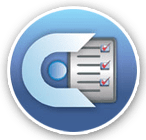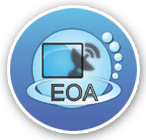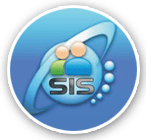It serves as a centralized platform that connects and manages various functions, including student information, attendance, admissions, scheduling, library management, financial management, human resources, communication, and more.
Here are some key features and functionalities of school ERP software and why it is important for schools:
Student Information Management: School ERP software allows schools to maintain detailed records of students, including personal information, contact details, academic performance, attendance, and more. This centralized database simplifies student data management and retrieval.
Attendance Management: It helps automate attendance tracking for both students and staff, making it easier to monitor attendance patterns and generate reports for analysis.
Admissions and Registration: Schools can streamline the admissions process, including online application submission, document verification, and fee collection, reducing administrative overhead and improving the experience for applicants and parents.
Academic Planning and Scheduling: ERP software helps schools create and manage class schedules, exam timetables, and faculty assignments. It ensures optimal resource utilization and minimizes scheduling conflicts.
Financial Management: Schools can manage their finances efficiently, including fee collection, expense tracking, budgeting, and financial reporting. This helps ensure fiscal responsibility and transparency.
Library Management: ERP systems include features for managing the school library, including cataloging books, tracking borrowing and returning, and managing library resources.
Communication and Collaboration: Many ERP systems offer communication tools for sending messages, notifications, and updates to students, parents, and staff. This enhances communication and engagement within the school community.
Human Resources Management: Schools can manage employee information, payroll, leave, and other HR-related functions through the ERP system, ensuring proper HR management.
Data Analytics and Reporting: ERP software provides tools for generating various reports and analytics, enabling data-driven decision-making and helping schools improve their operations and educational outcomes.
Security and Data Privacy: School ERP software often comes with security features to protect sensitive student and staff data, ensuring compliance with data protection regulations.
Accessibility: Many school ERP systems are web-based, making them accessible from various devices, which facilitates remote work and access to information for administrators, teachers, students, and parents.
Efficiency and Productivity: By automating administrative tasks, reducing manual paperwork, and improving information accessibility, school ERP software can significantly increase the efficiency and productivity of school staff, allowing them to focus more on educational activities and student support.
In summary, School ERP software is important for schools because it helps streamline administrative processes, improve data accuracy, enhance communication, and ultimately contribute to better educational outcomes. It simplifies the management of various functions within educational institutions, making it an essential tool for modern schools seeking to operate efficiently and provide a better educational experience for students and stakeholders.






